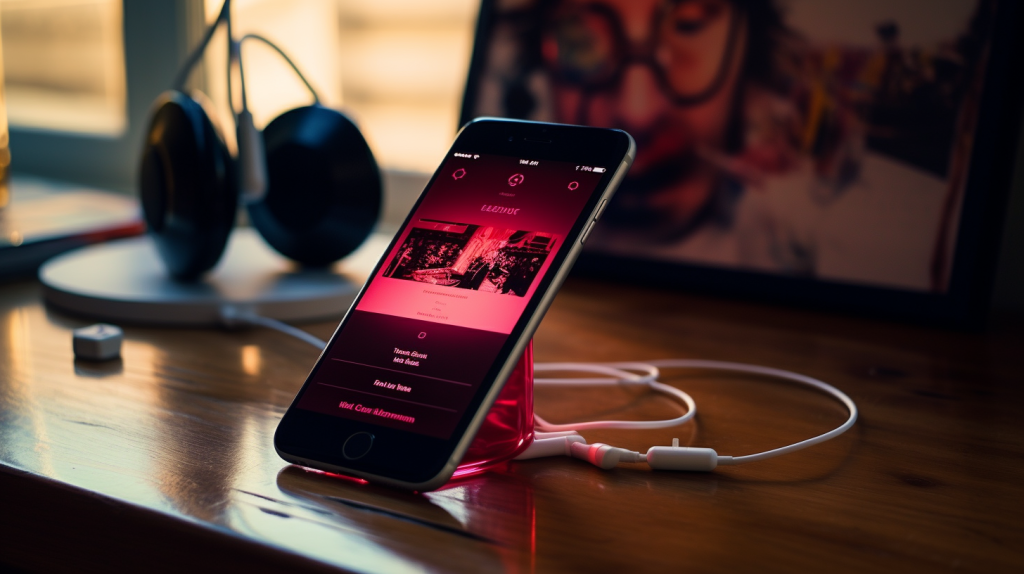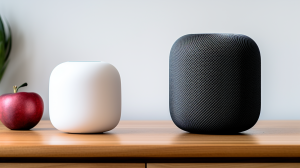Apple Music and the Security Challenge on Android: A New Access Policy

In a continuously evolving technological world, the security of applications and devices becomes increasingly important for companies and users. Recently, Apple Music introduced a new policy that restricts access to the application for Android users with “rooted” devices. This move has sparked several discussions in the tech community, highlighting issues of security, customization, and accessibility.
Apple Music’s Policy on Android: An Overview
Apple Music, Apple’s music streaming service, has decided to block access for users who use modified versions of the Android operating system, commonly known as “rooted” devices. This decision aims to protect content and ensure a secure user experience in line with the company’s guidelines.
Implications for Android Users
Apple Music’s decision has sparked a debate among Android users, many of whom appreciate the flexibility offered by device “rooting.” Rooting allows users to customize the operating system, install unofficial applications, and enhance device performance. However, this practice can also expose the user to security risks like malware and vulnerabilities.
A New Perspective on Security
Apple Music’s move underscores the importance of security in the mobile app ecosystem. Protecting content and ensuring a safe environment for users is crucial, especially in an era where cyber threats are constantly evolving. This policy may encourage other app developers to follow suit by adopting similar measures to safeguard their services.
FAQ
- What does it mean to “root” an Android device?
Rooting is the process of gaining administrator rights (root) on an Android device, allowing the user to bypass restrictions imposed by the manufacturer or the mobile operator. - Why did Apple Music block access for users with rooted devices?
Apple Music implemented this policy to protect content and ensure a secure user experience by restricting access from devices that might be exposed to higher security risks. - Will this policy affect all Android users?
No, the policy applies only to users who have rooted their Android devices. Users with unmodified devices will continue to have unrestricted access to Apple Music.
Terms Used
- Rooting: Process that allows users to gain administrative access to the device’s operating system, bypassing imposed restrictions.
- Malware: Malicious software designed to damage or exploit any vulnerable computer system.
- Vulnerabilities: Weakness in a computer system that can be exploited by external attacks to compromise system security.
Conclusion
Apple Music’s decision to limit access for users with rooted Android devices highlights the growing importance of security in the mobile app realm. While this policy may spark debates on customization and accessibility, it also emphasizes the significance of protecting users and content in a rapidly evolving digital landscape.







